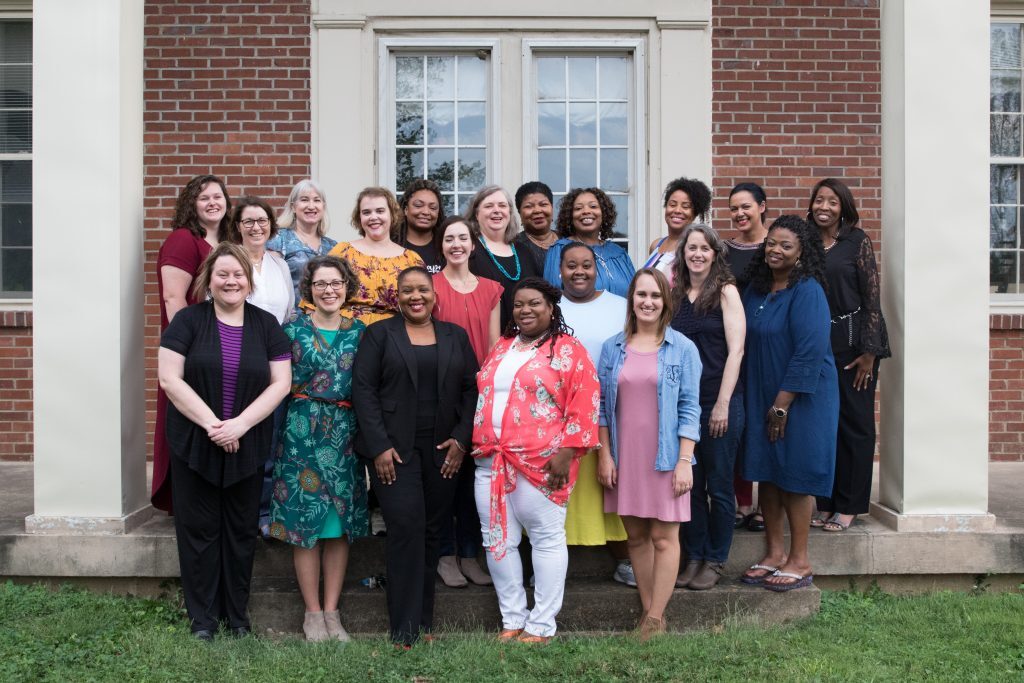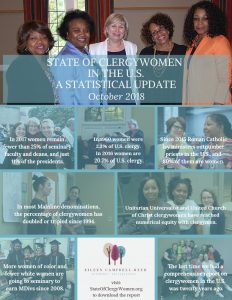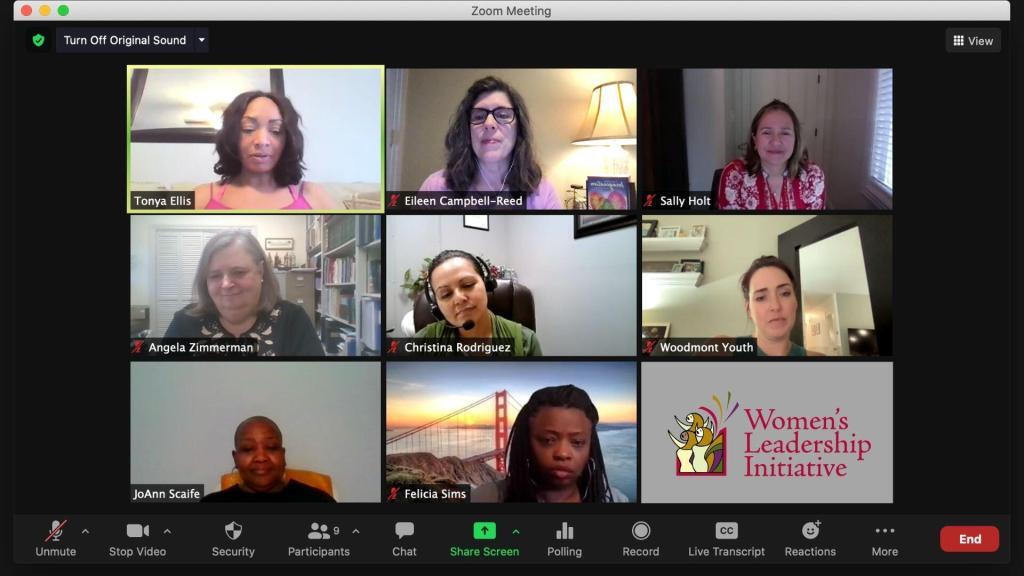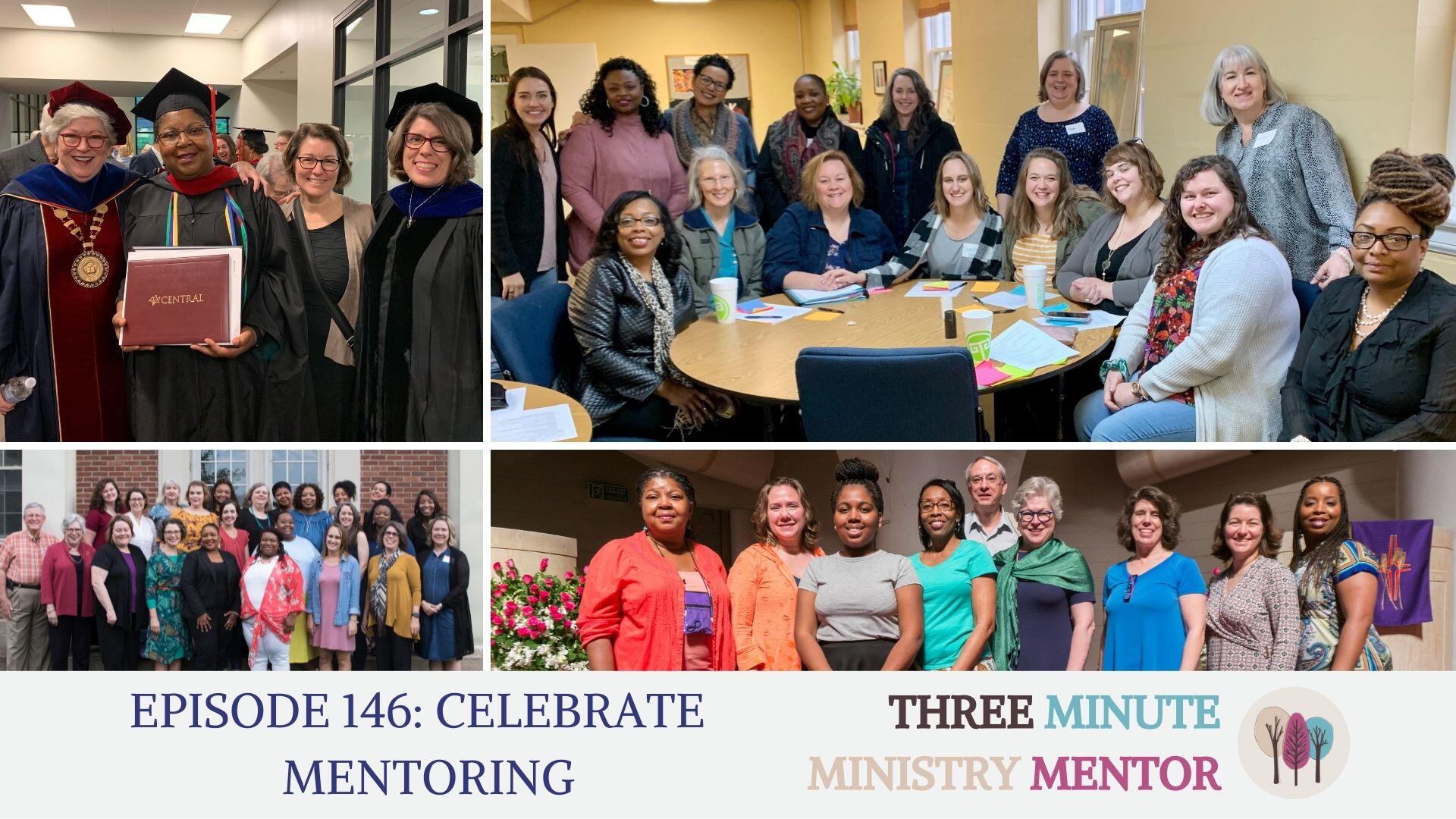This week we are celebrating mentoring! And we are also going to celebrate the Women’s Leadership Initiative (WLI) of Central Seminary. I know we are still on the Lenten journey for two more weeks. And I am so grateful for everyone who is picturing #pastoralimagination with us through Lent. It’s not too late to join us in honoring your ministry as a spiritual practice! Here’s how.
A really big part of understanding ministry as a spiritual practice, and cultivating pastoral imagination is seeking out and learning from mentors. Peers and more experienced mentors can be a tremendous gift as we learn the practice of ministry. When we acknowledge and thank our mentors, we complete a circle of support.
So this week we are celebrating three related things: 1) the Women’s Leadership Initiative (Central Seminary) — Cohort III will graduate in May; 2) my newly published article “Mentoring for Flourishing in Ministry” tells an important part of the WLI story; and 3) the first journal review of Pastoral Imagination by Dr. Marcus Hong was published this week.
Celebrating the Women’s Leadership Initiative

In 2012-13, President of Central Seminary, Rev. Dr. Molly T. Marshall articulated a brilliant and countercultural vision to prepare women for ministry in an age when some thought ministry was fully integrated and others still put up remarkable resistance. Dr. Marshall’s vision was a natural outgrowth of her lifetime of commitment to support women in ministry. Raising funds and launching that vision in the form of a Women’s Leadership Initiative in 2014 has served many people, congregations, hospitals, and other ministry sites. It has been a joy for me to be leading this work for the last eight years. The initiative will continue to bear fruit into the future through the lives of three dozen women who took part in the program. Through training and tools for confronting barriers around gender, race, sexual identity, and ethnicity, more women entered ministry better equipped.
Doing countercultural work remains a struggle. Getting people to believe women and to believe in women, remains a great challenge. People continue to look for the flaws and imperfections, and they try to fix them rather than support the women in their call. It is exhausting. I have been guilty of making this misstep myself. Because we are all deeply shaped by patriarchy and white supremacy. All of us.
More than Intentions
It’s not enough to say our intentions are good when it comes to supporting women. We have to listen to the impact as well. I’ve had conversations on all sides of this throughout my adult life and particularly in the last eight years. Recently I was reminded by my colleague at Union Theological Seminary, Dr. Cornel West, about how to take the long view. He compared coming to Union for the first time as an assistant professor 45 years ago with returning to Union last year. The differences are striking, powerful, profound. He urges us to continue the work of making change, “Fail forward. Fail better. What we are up against is malicious, and still we try. We keep working.”
His point hit me full force. We are working against the powers of hetero-patriarchy, neoliberal capitalism, recalcitrant racism, and white supremacy. Churches and seminaries are part of systems that support these damaging cultural ideals. Yet people like Dr. Marshall and Dr. West spark hope in me to keep doing the work, telling truth, teaching with honesty.
Change Happens with Time
 Are women in better shape than they were in ministry 45 years ago? Yes, of course. The numbers say so. And the personal lives of women also tell a more complex story. We are far from something called equity or equality or parity or mutuality. So we have to keep working at this. Keep leaning into hope. Keep equipping and preparing.
Are women in better shape than they were in ministry 45 years ago? Yes, of course. The numbers say so. And the personal lives of women also tell a more complex story. We are far from something called equity or equality or parity or mutuality. So we have to keep working at this. Keep leaning into hope. Keep equipping and preparing.
The WLI has been a very fine and very productive experiment in making changes. I celebrate each woman who came into the program. And I acknowledge and lament where we fell short at times. Certainly I fell short as a teacher and mentor many times. I tried to learn creatively from the failures and missteps. Then I tried to keep moving forward and to do my work better. For some of the women who began the program, it was simply not the right time (yet) in their lives to be in seminary. Yet every woman who took even one class gained something for her journey. And I bless every woman on her way.
Mentoring in the WLI
One of the key components we put into place in the WLI program, growing out of Central’s create program before it, is individual, one-on-one mentoring. After learning what worked more and less well with the first cohort, I also recommended we expand the level of group coaching. I’ve written at length about these and related processes as well a what I learned from the last eight years. The WLI was greatly enhanced by the many mentors who walked alongside students through Seminary. You can read more of the story and 9 best practices in the Reflective Practice Journal: Formation and Supervision in Ministry.
Campbell-Reed, Eileen. “Mentoring for Flourishing in Ministry” Reflective Practice: Formation and Supervision in Ministry (Vol. 42: 217-233).
In the article I trace what we learned in the WLI program and the Learning Pastoral Imagination Project about mentoring. I also discuss how we can learn from missteps. And most importantly the article focus on the strategies that will help a mentoring initiative serve learners in their growth.
Graduates
What are women doing now who graduated from the WLI program? They are… pastoring churches, working as chaplains, continuing on in medical care and administrative support that they did before seminary, working as pastoral interns and residents, teaching college classes, looking for their next calling, leading workshops and training events and new ministries, supply preaching, raising children and caring for elders, pursuing ordination, and some of them are in their dream jobs.
In all that they do they are excellent representatives of themselves. They are not obliged to represent all women or anyone else. They have honored the calling they felt from God. Yet of course their work and lives shine favorably on the seminary that educated them.
Collaboration & Partnership

My steady partner and co-conspirator in this work is Dr. Sally Holt. We have navigated obstacles on every side and from every direction. We have laughed and kept each other sane when times got hard in our lives and in the work. Like last year when the coronavirus pandemic shut down everything. Ten students of Cohort II were at the mid-point of their internship and all were completing Capstone Projects. We had to do a lot of scrambling, and policy setting, and supporting, and caregiving with each student, mentor, and supervisor.
We work to keep the best interests and flourishing of the women in the program at the center of what we advocate for, teach, and plan. In the world of higher education students frequently experience large classes with distant professors, only reachable by email or by raising one’s hand. However, the WLI prioritized personal relationships with and among all the women in our program. We get email of course, and also texts and phone calls. We’ve traveled with each group (pre-pandemic), sat with students through weekend intensives, and racial justice training, and accompanied many students to graduation.
Women’s Leadership Initiative: Cohort III

The third cohort of the WLI will graduate in May 2022. The group collaborated and completed a shared project last year for the Children’s Defense Fund Proctor Institute. They created a listening guide for young people and their ministers, parents, and youth leaders. I think you will find their work creative and compelling. There is both a journal for youth and a listening guide for adults.
I believe that theological education, like all aspects of ministry, should be embodied and relational and spiritual and integrated. Thus I aim to teach pastoral imagination in all its complexity. The WLI has been a place for me to put much of what I’ve learned in my research into practice. And while I teach, administrate, and juggle, I try also not to lose sight of the big picture. Working with human beings is messy and ministry is certainly no exception. Most days it has been a joy to do this work. When people ask me about it, I often say, “It is good work.” And I mean it.
Thanks be to God, who in her steadfast love and wisdom, led me to this work in this season. And for all I have learned, for each person I have encountered, I give thanks. And anything more is grace.
First Journal Review Pastoral Imagination
 The WLI and its students and mentors show up often, and with permission, in the stories of Pastoral Imagination: Bringing the Practice of Ministry to Life. See for example chapters about failing creatively, and listening and learning goals.
The WLI and its students and mentors show up often, and with permission, in the stories of Pastoral Imagination: Bringing the Practice of Ministry to Life. See for example chapters about failing creatively, and listening and learning goals.
Dr. Marcus Hong of Louisville Presbyterian Seminary reviewed Pastoral Imagination. And he offers a comparison with a scene in the final book of The Chronicles of Narnia.
“At one point in The Last Battle, the final book in C. S. Lewis’s Chronicles of Narnia, King Tirian finds himself captured and helpless at the end of the world. Left alone for hours without refreshment, he feels parched and famished. Under cover of darkness, a few kind mice come to give him food and drink in the form of tiny nibbles of food and drops of water offered again and again. Surprisingly, Tirian finds that the sips and crumbs are more refreshing and sustaining than chugging a beverage or devouring a feast. The same could be said of Eileen R. Campbell-Reed’s collection of miniature ministry memoirs…”
“Each page is suffused with wisdom that Campbell-Reed herself has gained from her years in ministry and in walking alongside those preparing for ministry.”
Hong, Marcus. “Review of Pastoral Imagination” in Reflective Practice: Formation and Supervision in Ministry (Vol. 42: 271-272).
Have you thanked a mentor lately? I hope you will take time today and express your gratitude to someone who has accompanied you along the way!
+++++++
This post was originally published on April 3, 2022.




